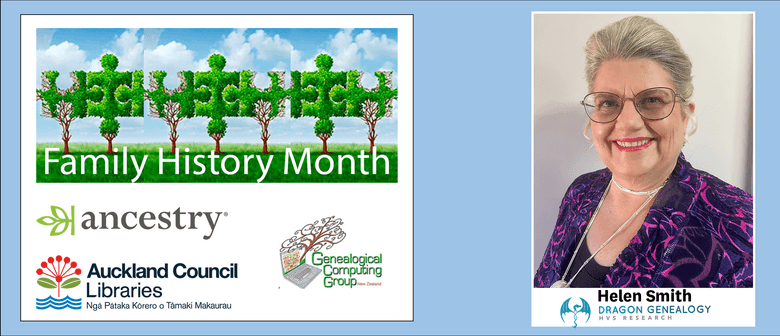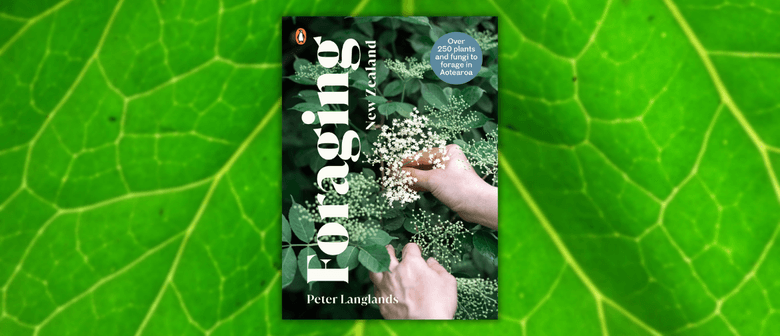EU and New Zealand Free Trade in the Time of Brexit
4 The Square, Palmerston NorthTicket Information
Restrictions
Listed by
Brexit – the exit of the UK from the European Union (EU), now likely to take place at the end of October this year, increasingly makes the news. More quietly, New Zealand and the European Union are in an advanced stage of negotiating a free trade agreement (FTA) between them. Slated for completion by the end of the year, it is more likely to be concluded early next year.
Both actions appear to many people as distant events, half a world away. But, if they come off, they will have significant implications for New Zealand’s economy generally and particularly for our agricultural sector. Economic analysts are already factoring in the likely consequences of a ‘do or die’ Brexit that British Prime Minister, Boris Johnston promises. Meanwhile, an FTA with the EU would open up markets for both, increasing trade between the two trading partners. A post-Brexit UK-NZ FTA remains less clear, though both countries have indicated intent to negotiate.
However, the EU remains something of a mystery to most people – both in Europe and in New Zealand. Internationally, it is unique as a super-national form of government able to make rules affecting 513 million people in 28 countries. It is also the only European authority able to negotiate free trade agreements: one of the stated reasons for Brexit is so that the UK will be able to negotiate its own FTAs. And despite providing freedom of movement for its people, goods and services, and significant financial support for European agriculture, environment and culture, the EU is widely seen as a bloated grey bureaucracy centred in Brussels, Belgium – ‘the capital of Europe’.
In this free public lecture series, Massey University senior lecturer, Dr Jeff McNeill, provides a forum for the public to understand more about the EU and the EU and the British perspective on trade with New Zealand and the implications for New Zealand’s agriculture.
In the first lecture on Wednesday 11 September in the Palmerston North public library, Dr McNeill will explain what the EU is and why its approach to agriculture and trade is so different from New Zealand’s. The EU Ambassador, Bernard Savage will then make the case for the European agriculture and trade with New Zealand.
In the second lecture on Wednesday 25 September in the Globe Theatre, Palmerston North, Colin Leeman, the First Secretary Trade Policy, British High Commission, will set out possible future relations for New Zealand and the UK in a post-Brexit world. Dr Serena Kelly, University of Canterbury’s National Centre for Research on Europe, will address possible future relations between the EU and New Zealand once the FTA is signed.
The series is open to the public and with free entry. The lectures begin at 5:00pm. The lectures consist of two sessions of two speakers each, of an academic and a diplomat. Each speaker has 25 minutes to present and then time for questions immediately after and again at the end of the presentations.
Massey University Coordinator
The lecture series coordinator, Jeff McNeill is a senior lecturer in the School of People, Environment and Planning. Experienced in environmental policy development, he has previously worked in central and regional government.
Dr McNeill also spent several months working in the European Parliament in Brussels where he was responsible for drafting one of the EU’s more obscure directives, and more importantly, coming to understand something of the complexity and intricacy of the EU institutions.
Log in / Sign up
Continuing confirms your acceptance of our terms of service.




Post a comment